The best way to always stay connected with your customers is via a dedicated app. But what should you go for an android or an iOS app? Well, we have some helpful pointers for you that will help you make that decision.
If money and time is not an issue, you can very well go for both versions of the mobile app, but this is seldom the case, especially for small company and startups. Practically, it can be really difficult to manage the cost and time efforts of creating two different mobile apps for each platform in such a situation.
No matter what platform you develop your app for, you have to make sure that it gives your customers the best experience. BrandLoom can help you develop a great app that will keep your customers hooked and remain loyal for years.
iOS vs Android- Where Should Your App Be?
When you plan your technical requirements, you must decide what platform you want to develop on. Now, how do you decide which platform is right for your business needs?
With iOS and Android taking up 97 per cent of the worldwide mobile market share, the right approach to mobile app development is to launch for both platforms.
However, it’s not always possible–constraints like budget, time, and resources can prevent you from building both OSs at once. Instead, you might wish to launch on one platform first and then introduce another platform at a later date.
As each platform has distinct advantages, it’s important to do enough research to understand which OS aligns with achieving your product goals properly. Good thing you’re here because Brandloom can make a perfect design for your business on either platform.
Keep reading if you want to make the right choice for developing your native app.
DIY or Outsource Android iOS Development Projects
Time is Indeed Money
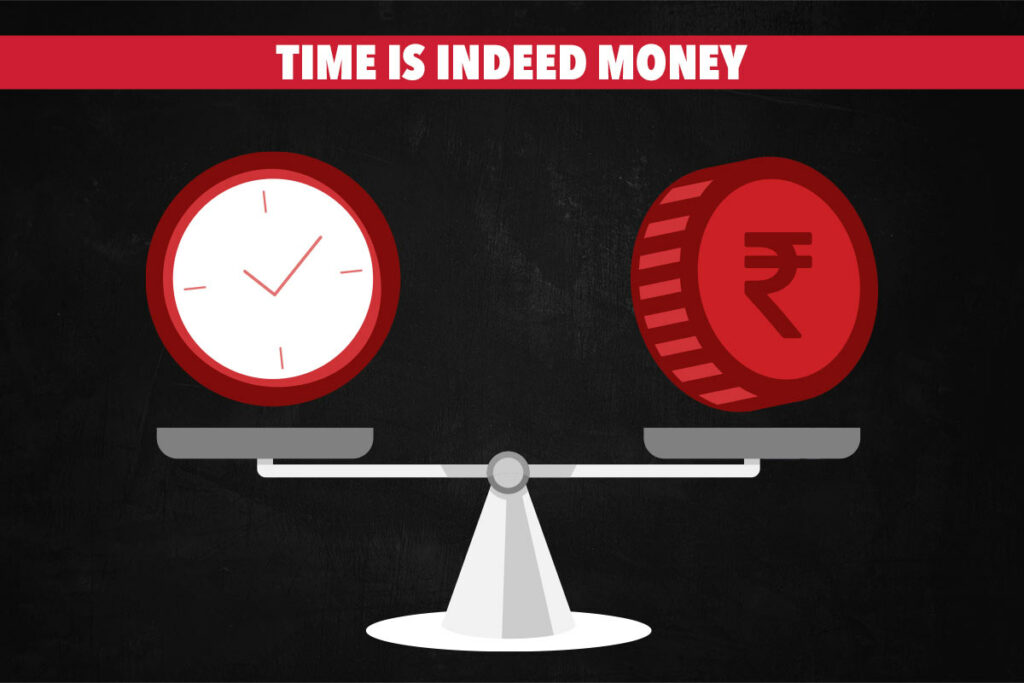
Do you have enough time to develop your app?
As far as the time factor is concerned, one can argue that app development can be outsourced for a fee, which is true. However, you and your team will still need to invest time and effort to evaluate/validate the mobile app by testing it for user feedback which must then be sent back to be incorporated in the development.
This cycle repeats until someone satisfactorily developed the mobile app. For a startup or small company, time may be something they cannot afford to spare.
Do you have the budget for your app?
Coming to the money factor, most projects are budgeted on the conservative side and use this asset judiciously.
So setting up a development team to create mobile apps for any startup/fledgeling or a business-oriented company would not make sense financially.
From the business point of view, companies may forego in-house app development for many reasons:
- first, it is not their core business and
- second, they would need a team to make all of this work.
- third, once the mobile app is up and running they would have small bug fixes and some minor feature addition as the only work for the team. This would result in mobile app development team becoming unnecessary after the initial development.
This leads to the inevitable question —
Is building a mobile app dev team justified at all?
Considering the above factors, to build one or just a couple of apps, one should outsource the development and maintenance of the mobile app to another firm that specializes in doing just that. That way you would get the best team with ample experience in development and maintenance while keeping your costs down. And more importantly, allow you to focus on what you want to do — that is run your business!
iOS App or Android App, which one first
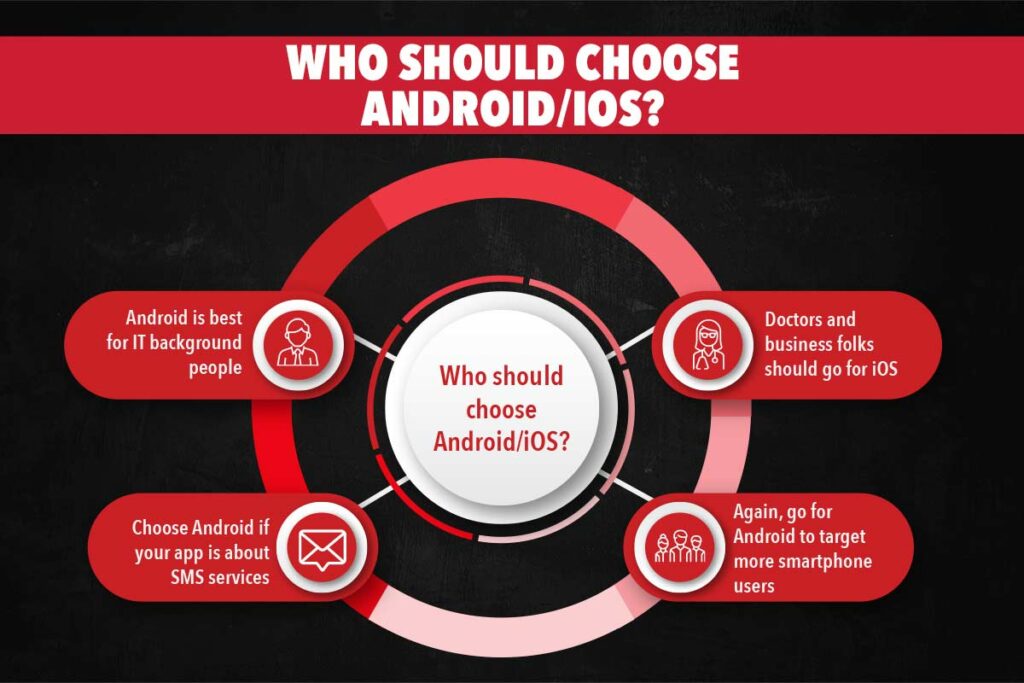
Now, coming back to which platform to choose. Even if you decide to outsource mobile app development work, you would still need to decide on ios or Android? Well, it all depends on the market you are trying to reach
- If your customers are the IT/software crowd out there, you would be best served with developing an Android mobile app first.
- But if you want to target the business folks like Doctors, MNC executives you should go ahead with iOS app.
- Again, if your app provides services/ messenger services, you should go for an Android mobile app.
- Finally, if you want to reach the wider of the smartphone trotting audience in the market go for the Android app which has more users than ios in terms of numbers.
It could also depend on what kind of service you want to offer
- If it is customer service kind of app, you should go for Android, as per our research people who have an iOS device do have an Android at home it may belong to their spouse or any other family member.
- Again, if you want to sell some product/service to a wide audience, Android would work better for you.
- But, if you want to showcase some high end product/experience you should think of iOS app first.
- Or if you are just testing the water, before going full throttle, start with Android as it has comparatively quicker release cycle (compared to the iOS, due to the fact that, on iOS app readiness is much more stringent) this way you would get chance to correct or modify your offering, and chances of success would be higher.
In one of our earlier articles, Mobile Optimised Website vs. Mobile App, we have already covered native/web mobile app, you can read that to understand what all an app development stands for.
In our experience, we have seen that India generally follows the US pattern. As in US, most of tech people in India also go for Android rather than the iOS. People even share their experiences on mobiles apps with each other. What is better than having these guys promote your mobile app as word of mouth is the best publicity but for that ,of course, your app has to be really useful.
Which is Better Android or iOS?
The Advantages of Android Development
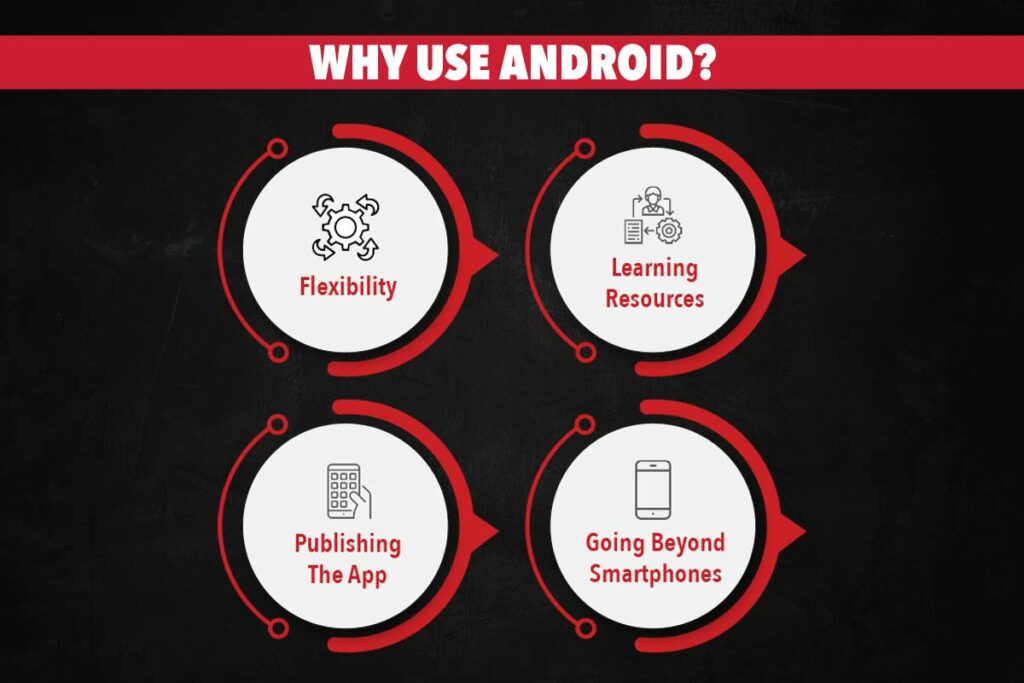
Flexibility
Generally, Android presents a far less restricted environment than iOS. If we consider distribution, these apps will run virtually on any Android device, and you are not likely to encounter issues with hardware compatibility. Also, the development process is more flexible for Android.
This platform also permits a smoother development experience as it runs on Java. It is a versatile programming language that all operating systems like Windows, Linux, and Mac OS, support, letting developers build Android apps irrespective of their machine’s OS.
Learning resources
Google provides a wide knowledge base for beginners, interactive materials, and training programs for multiple levels of Android developers.
Publishing the app
As of 2020, Google has become less tolerant towards apps developers who want to post on Google Play. The review process that previously used to be done within seven hours now can take up to a week for new developers. However, despite this novelty, most Android apps that don’t violate a particular company’s content policy get approved. Developers also need to pay a fairly low one-time registration fee amount of $25.
Going beyond smartphones
Developing Android apps means creating software for an entire ecosystem of devices. You could extend your app’s functionality, so it runs on Cardboard VR headsets, Wear OS devices, Android Auto, and other platforms. While this flexibility can develop design issues, it also gives you the ability to integrate your app into users’ TVs, cars, and smartwatches in addition to phones.
The Advantages of iOS Development: Why choose iOS?
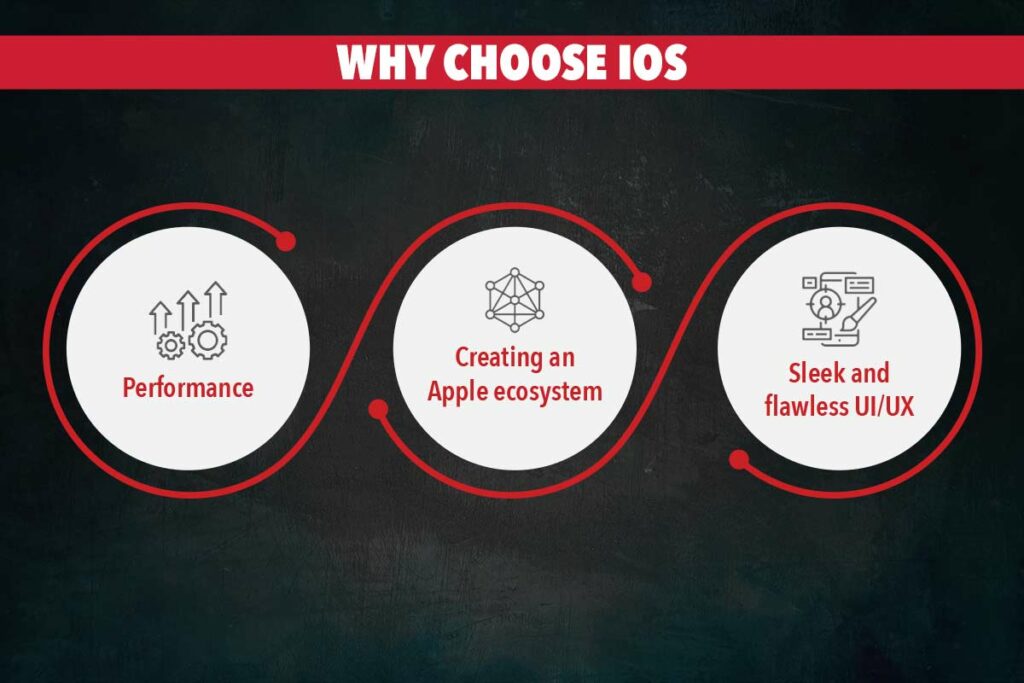
Performance
iOS mobile app development is exceedingly high in demand because these applications consistently perform well. This platform is reliable, fast, and easy to use, with few bugs lingering in the final build of any app.
Creating an Apple ecosystem
As far as we talk about the pros and cons of iOS app development, this point can belong to either category. On the one hand, having just a single piece—for instance, a smartphone—that runs such an isolated OS is inconvenient for users, as it can be difficult to transfer files from one device to another. On the contrary, working with this family of operating systems lets developers build a whole ecosystem of devices and not just for targeted phones.
Sleek and flawless UI/UX
Apple provides developers with comprehensive guidelines for creating their app’s user interface. While it may be limiting, it generally gives out an exceptional user experience.
Apple vs Android Development Comparison
Future prospects
Android devices are now accountable for 70.75% of the global market share, making the future of Android app development enormously promising. iOS devices are getting affordable along with more popularity due to their high performance and constant innovation. However, it’s not very productive to base your Android vs iOS app development choices on the future outlook. This is because both platforms will stay popular for the next few years.
Android and iOS App Development Cost
You have to understand that every project, even a simple one, comprises numerous parts: the platforms you want to reach, the apps themselves, website, database, third-party integrations, possible admin panels, etc. Therefore, the cost eventually depends on your expectations, the individuality of the tasks, and your particular business (for instance, financial apps need two-factor authentication, while for most of the industries, it’s just a “good-to-have”).
As mentioned above, a project description saying- “I want something similar to Facebook” will be anywhere around a hundred to a hundred thousand dollars.
Why are prices so different?
- Different prior experience
- Different understanding of what’s expected
- Different prices per hour of development
Native or Cross-Platform for Android or iOS Mobile App
Which is Better iPhone or Android? Native apps are the mobile apps created specifically for a given platform – for instance, Apple iOS.
Cross-platform apps, on the other hand, are created in a way that they can work across platforms – for instance, both Apple iOS and Google Android.
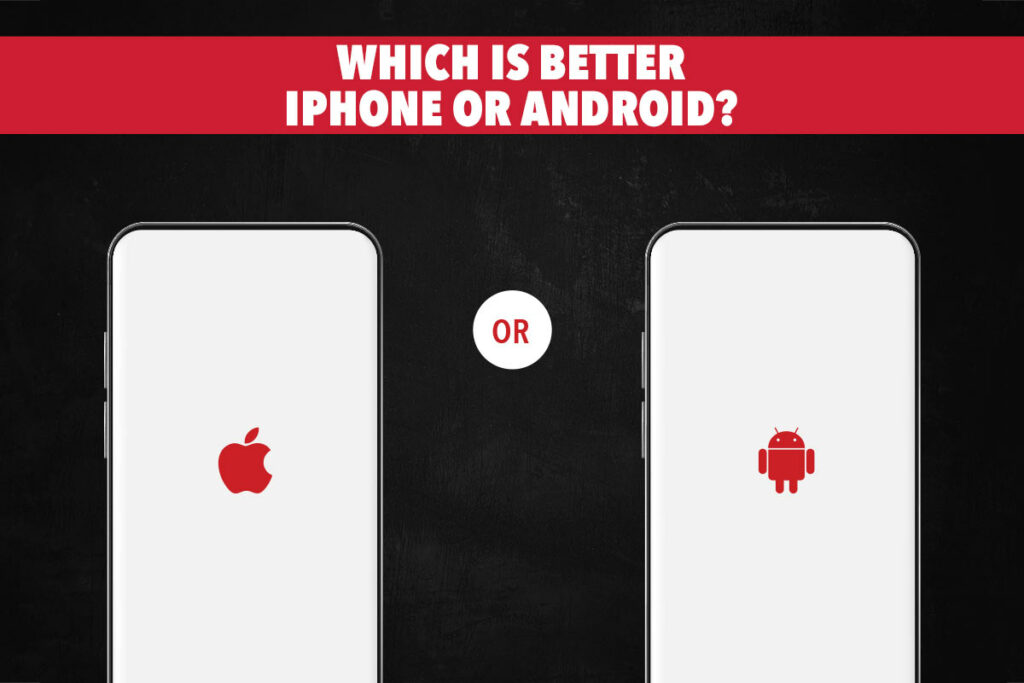
Which is Better iPhone or Android?
Once again, it depends on the purpose and kind of your mobile application (and business in general).
Native App Advantages:
- You can use all the platform’s capabilities (including hardware) in your application. For instance, 3D touch technology or seamless integration with Siri on iPhones.
- The app will be more effective because the features will be enhanced for the given platform’s abilities.
- If you’re creating an app that will be a part of an ecosystem (for instance, it should work on both Apple and iPhones Watches), a native app is a way to go.
Cross-Platform App Advantages:
- The code is usually much easier to support
- Business logic is located in one spot, which helps test the functionality more upfront. You also don’t have to rewrite the same business logic numerous times for each of the platforms.
- Also, cross-platform apps are a wonderful solution if you want a web app shell without major integrations with third-party resources.
Conclusion
Choosing between Android and iOS application development is not easy as both have advantages and drawbacks. So, consider all the facts above and choose the right platform suitable for you to build your first mobile app.
What is Android Development?
Android operates in an open-source ecosystem. This makes it effortless for developers to build an Android app. This lets you do modifications along with providing lots of functionality. But, open-source platforms are less secure. So occasionally, updates can get blocked by mobile network operators. This open platform always encourages developer innovation.
You can have Android’s source code and port it to your app’s hardware for free. This means you won’t have to jump through as many hoops to develop your Android app because there are fewer restrictions.Is iPhone Better than Android?
Owning an iPhone is a convenient and simpler experience. There’s less hassle, as Apple’s iPhone represents the most popular brand of smartphone. Here, you get ample support everywhere you go. Whether you want to replace your battery or want to pick up a new case, you can do it easily.
Android-device ownership is quite harder in those respects. Yet at the same time, it has more liberation because it offers more choices. For instance, how much you want to spend, the software and hardware features, and the choice in organizing and personalizing your experience. If you’re very particular about the technology you use, in that case, you can find Android more liberating — and fun.Which Programming Language is Widely Used for Android Application Development?
Firstly, Java was the original official language for Android App Development (but now it has been replaced by Kotlin), and it is the most widely used language as well. Most of the apps in the Play Store come from Java, which is the most supported language by Google.

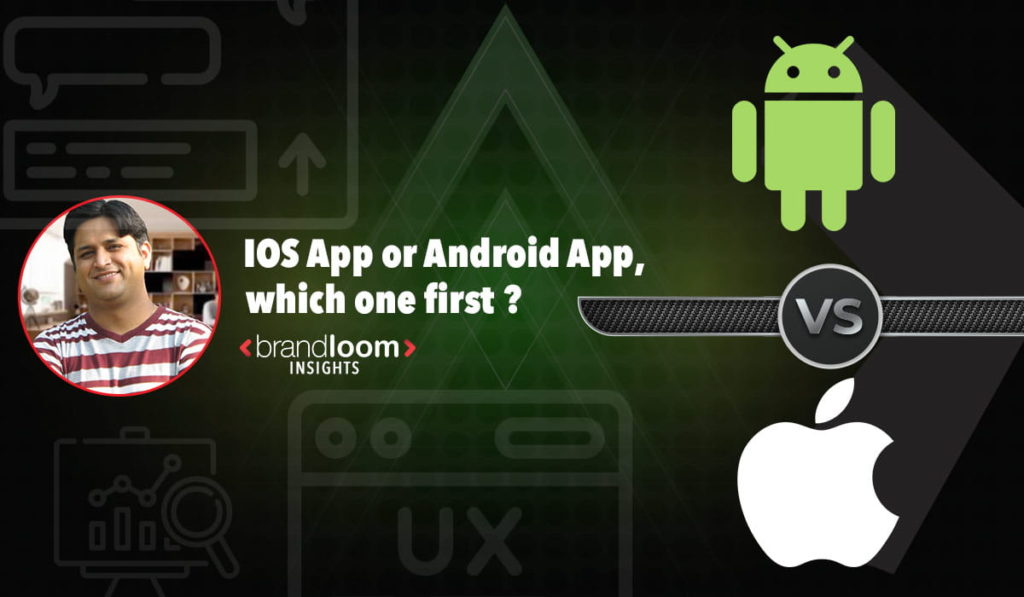


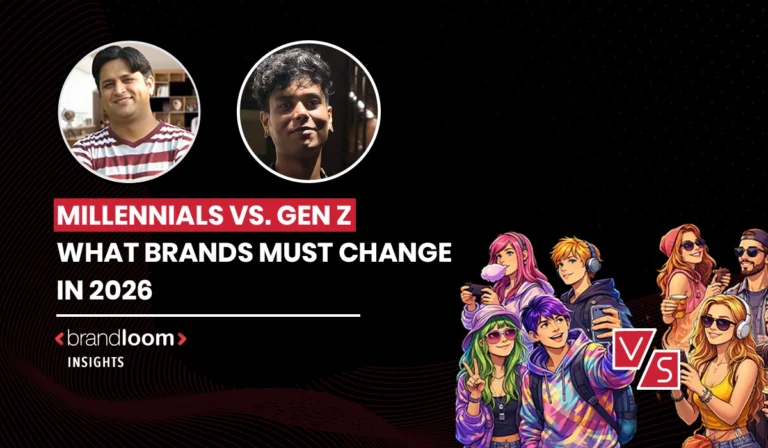

I seriously appreciate the content you include on your web site it seriously has helped me out a whole lot thanks